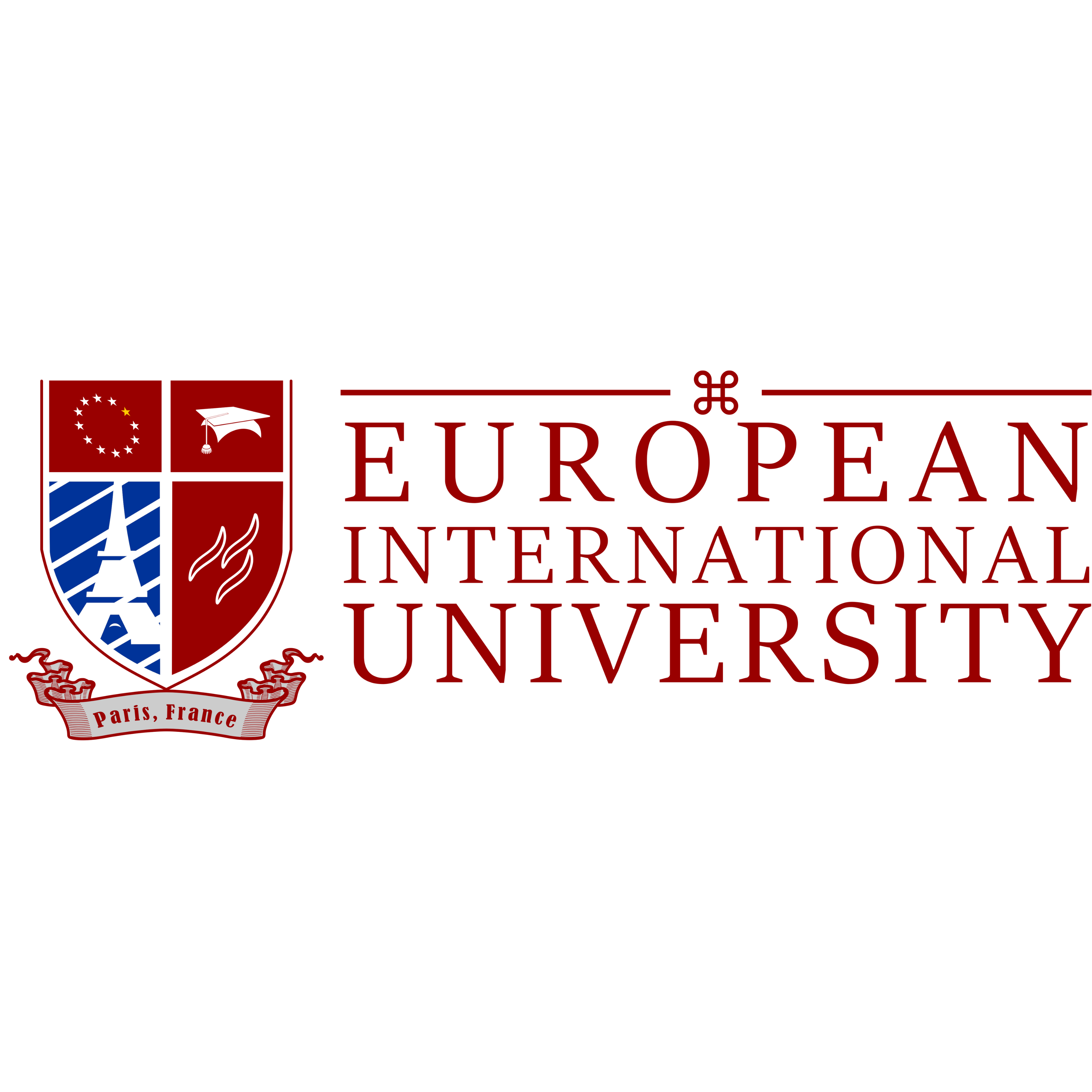
The Doctorate in Information Technology is an advanced, research-focused doctoral program tailored for professionals and academics aiming to lead technological innovation and contribute to the body of knowledge in the IT field. The program emphasizes original research and analytical thinking, enabling candidates to address complex issues in areas such as artificial intelligence, machine learning, cybersecurity, big data analytics, cloud computing, software architecture, and information systems governance.
Students are encouraged to identify current challenges in the technology sector and develop practical, forward-thinking solutions. Through rigorous academic inquiry, they produce a comprehensive dissertation that demonstrates originality, critical insight, and real-world relevance. The program fosters innovation, ethical leadership, and interdisciplinary research, preparing graduates to become experts who shape the future of technology.
Throughout the course of study, candidates work closely with experienced supervisors, engage in scholarly publications, attend academic conferences, and may collaborate with industry partners on applied research projects. The flexible, research-based structure allows students to align their studies with professional goals and emerging technological trends.
Ideal for IT managers, data scientists, system architects, cybersecurity specialists, and academic researchers, the Doctorate in Information Technology opens doors to senior roles in academia, research institutions, multinational tech firms, and government agencies. Graduates emerge as thought leaders equipped to influence technology policy, develop innovative systems, and drive digital transformation across industries.